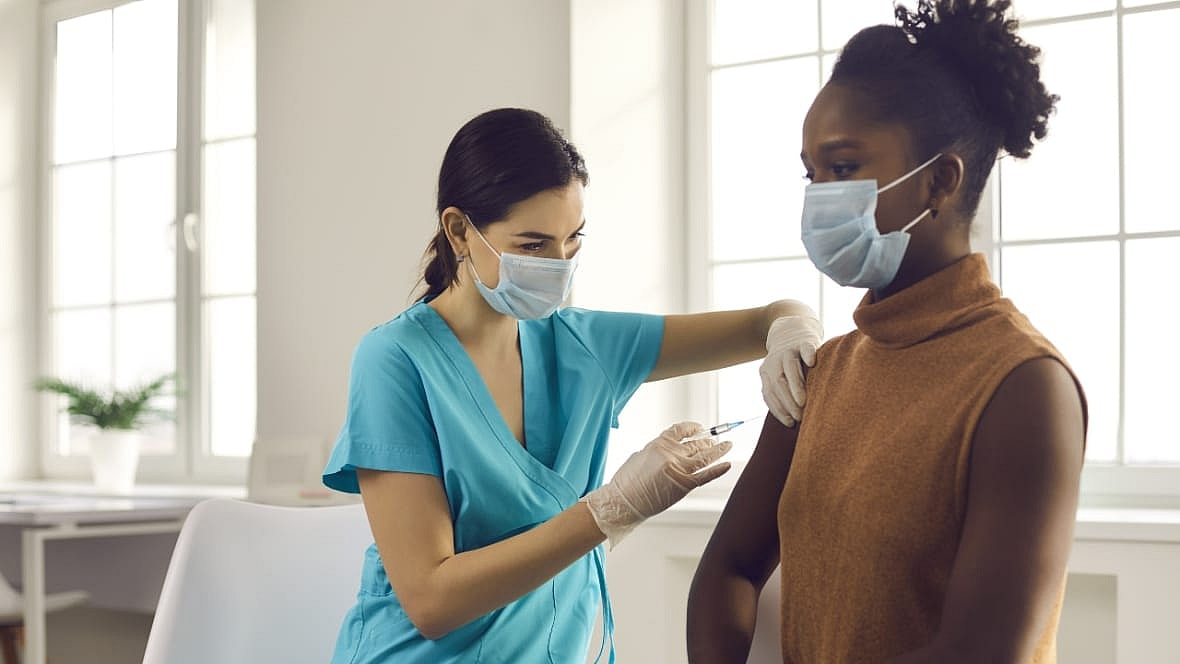There is no denying that Black people deeply mistrust America’s health care system, and a recent study found that 25 percent avoid it entirely due to fear they will face unfair treatment.
More than 3,000 Black men and women participated in the California Health Care Foundation study, which showed that one in four stays away from the doctor out of concern about unfair or disrespectful treatment, according to Scripps News.
A third of those who go through with a doctor’s visit said they alter their conduct by speaking differently or showing more deference to make providers feel comfortable enough to offer adequate healthcare.

“I think most of them are embarrassed,” said Michael LeNoir, founder of the African American Wellness Project, according to Scripps News. “You know, because they were treated like that and they accepted that simply because they were afraid it would affect outcomes.”
Racism is primarily to blame for the problems that Black people experience when they visit the doctor, some suggest. Filmmaker Crystal Emery’s 2010 documentary, “The Deadliest Disease In America,” centers on several instances of medical racism, including the fact that Black people are frequently not treated or spoken to with respect, theGrio previously reported.
Scripps News reported that an Urban Institute study released in 2021 showed that Black patients are much more likely than white patients to experience complications following surgery.
Black people are routinely under treated for pain because medical professionals frequently do not believe what Black people are saying to them or may not believe that they experience pain in the same manner as others, theGrio reported, citing research from the University of Virginia’s Frank Batten School of Leadership and Public Policy.
According to Scripps News, research from the Dana-Farber Cancer Institute revealed that older Black and Hispanic cancer patients received fewer opioid painkillers than white patients when their cancer was advanced.
It’s an issue LeNoir feels must be resolved to prevent people from feeling even more victimized. “You know, make them mad, and they may not make the right decision or may not give you the kind of consideration that your problem requires,” he said of providers.
The percentage of Black physicians in the United States is 5.4, according to a 2021 UCLA study, a rise of only four percentage points over the last 120 years.
LeNoir thinks change will come from the individuals on the other side of the issue rather than those in positions of authority, noting that “the situation with chronic disease and the gap between [the] health of Black and Browns has not changed” over the past two decades.
“The problem is the institution, not Black people,” said LeNoir, Scripps News reported. “It’s how [the system] perceives Black people, how they treat them.”
TheGrio is FREE on your TV via Apple TV, Amazon Fire, Roku and Android TV. Also, please download theGrio mobile apps today!

